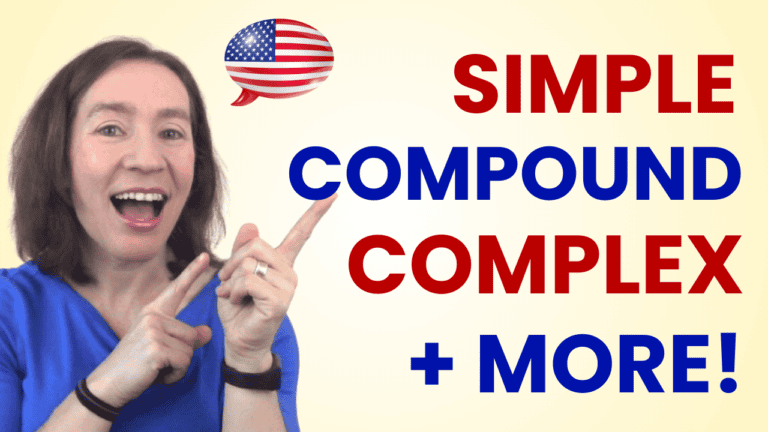
Advanced English Grammar Course
How well do YOU know prepositions in English? Let’s find out! This is a quiz lesson. I’ll show you a sentence and give you three possible words to complete it. You can take the quiz in the video above, or try the quiz below.
When you’re learning English, you want to get everything right – and these tiny words like prepositions can be very challenging. My Advanced English Grammar Course teaches you the rules (and exceptions) of the English language in detail. It will help you understand English grammar clearly and use it more confidently and correctly.
OK, are you ready to try this prepositions quiz? Let’s get started.
Prepositions Practice
Congratulations - you have completed Prepositions Practice.
You scored %%SCORE%% out of %%TOTAL%%.
Your performance has been rated as %%RATING%%
Question 1 |
A | although |
B | despite |
C | during |
Question 2 |
A | throughout |
B | within |
C | without |
Question 3 |
A | among |
B | beside |
C | except |
Question 4 |
A | as |
B | by |
C | like |
Question 5 |
A | across |
B | close |
C | near |
Question 6 |
A | of |
B | on |
C | with |
Question 7 |
A | above |
B | beyond |
C | over |
Question 8 |
A | by |
B | for |
C | per |
Question 9 |
A | away |
B | off |
C | out |
Question 10 |
A | along |
B | amidst |
C | aside |
Question 11 |
A | as |
B | of |
C | than |
Question 12 |
A | in |
B | into |
C | onto |
Question 13 |
A | by |
B | since |
C | until |
Question 14 |
A | for |
B | from |
C | since |
Question 15 |
A | alongside |
B | beneath |
C | throughout |










